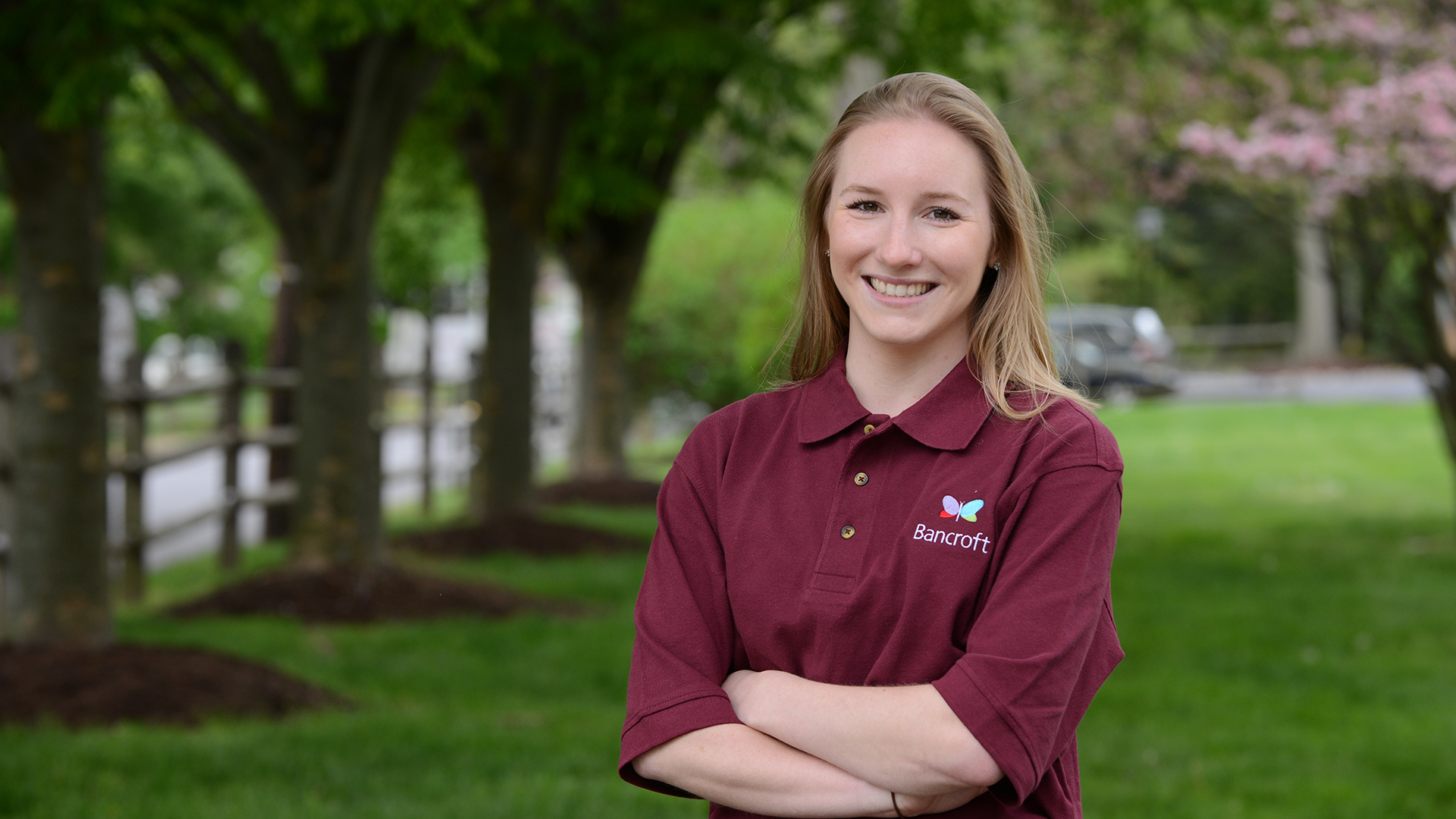Friday, Jul 22, 2016
One day in the fall of 2015, Rommy and Dominic DelVecchio rounded a corner and entered the tree-covered drive into Lakeside at Bancroft. Their adult son, Jake, sat in the back seat banging his fists against his head. Jake's hands were wrapped in guards to protect him from the behavior, which was associated with his autism. Rommy, who had been on the receiving end of Jake's blows, was both terrified and relieved to find herself at the Bancroft Lakeside campus, a state-of-the-art adult residential and day program in Gloucester and Salem counties, N.J. A nonprofit based in New Jersey, Bancroft is a leading provider of programs and support for children and adults with autism, as well as those with intellectual or developmental disabilities. More than 1,700 individuals in New Jersey, Pennsylvania and Delaware take advantage of Bancroft’s many services, which include special education, day program, residential, vocational training and supported employment. Through a partnership with Rider University, Bancroft now offers a tuition assistance program that gives qualifying employees the opportunity to earn a Rider graduate degree in applied psychology and qualify to take the national exam to become a Board Certified Behavior Analyst (BCBA) while attending classes on the Bancroft campus. Rider’s master’s program in applied psychology trains students to become applied behavior analysts who produce meaningful changes in behavior, often working with people like Jake. It had been a long journey for the DelVecchios to simply find a program that would accept Jake. When the school he attended until he was 21 denied him access to its adult programming, Jake was left with few viable options. Without a program to provide therapy and structure, Jake’s behaviors escalated. His parents and his two sisters were forced to defend themselves from his outbursts, leaving them scared to be around their son and brother. Jake’s family searched for a program willing to take on his challenges. “When he came for a screening at Bancroft, it wasn’t even 10 minutes before he had a complete meltdown and became out of control,” Rommy says. “I thought to myself, 'There is no way they are going to take him. We are out of options.'” Rommy and Dominic went home discouraged and afraid. “His behaviors were too much for us to handle at home,” Rommy says. “My daughters were in danger and I was bruised and battered daily. It was taking an unbelievable toll on us all.” Two weeks later, Rommy got the call. Jake was accepted. Bancroft was going to take care of him. Rommy dropped to the floor in disbelief. “This was our first sign of hope that he was going to live,” she says. Jake arrived at Lakeside and slowly integrated into his new home, his new room and the people around him. Now, he has 24/7 care through Lakeside’s unique program focused on understanding problem behaviors and using proven Applied Behavior Analysis (ABA) techniques and individualized behavior plans to reduce them. “Everything changed when he arrived at Bancroft,” Rommy says. Students in Rider’s applied psychology graduate program learn how to apply ABA principles to solve performance problems, build new behaviors and strengthen existing appropriate behaviors. Through a combination of coursework and supervised practical experiences, students gain a compassionate understanding of individual differences and the skills needed to develop strategies that will impact behavior and learning. On day one the Bancroft staff decided as a team they were going to remove Jake's hand guards. Within a few weeks, his behaviors went from several outbursts a day, which required several staff members, to one every few days. Jake’s ABA therapists asked Rommy an interesting question at one of their first meetings: “If you could do one thing with your son that you haven’t been able to do, what would it be?” The answer was simple: “I want to hold his hand.” Paige Santhin ’15, one of Jake’s behavior analysts and a graduate of Rider's applied psychology program, and her team were going to do everything they could to make it happen. A few weeks later, they had worked with Jake to de-escalate his own self-injurious behaviors, allowing his hands to be free for the first time in years. Soon after, during one of Rommy’s visits with Jake, they took a walk to the greenhouse on campus. “I reached down for his hand," Rommy says. "He took mine. I was holding my son's hand.” “I realize there is a life Bancroft is establishing for him that I could never give him at home," she continues. I know we have a long way to go, but these moments, which some may consider small, make a huge impact on our lives.”

